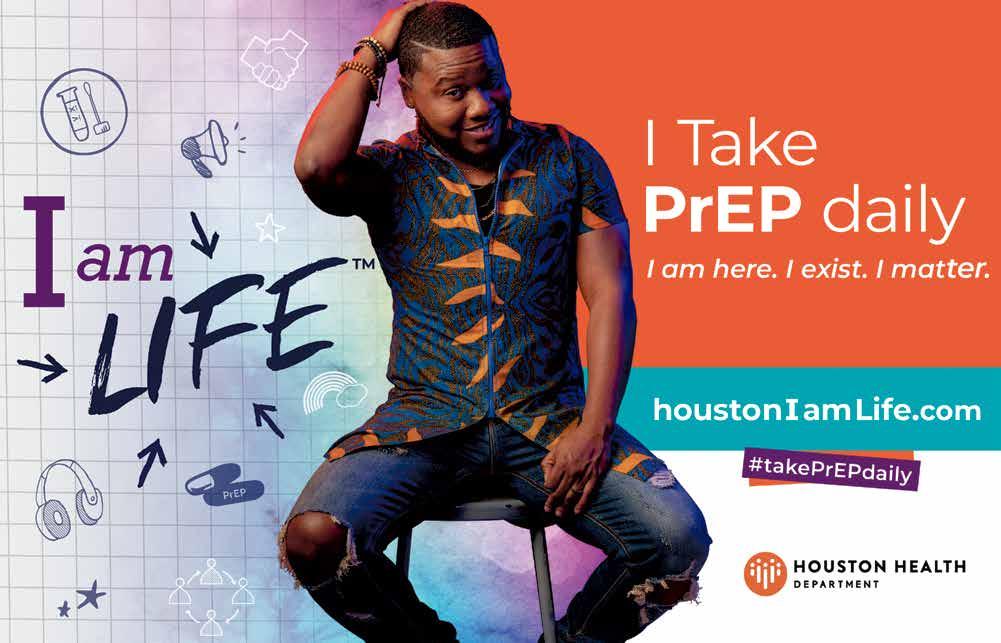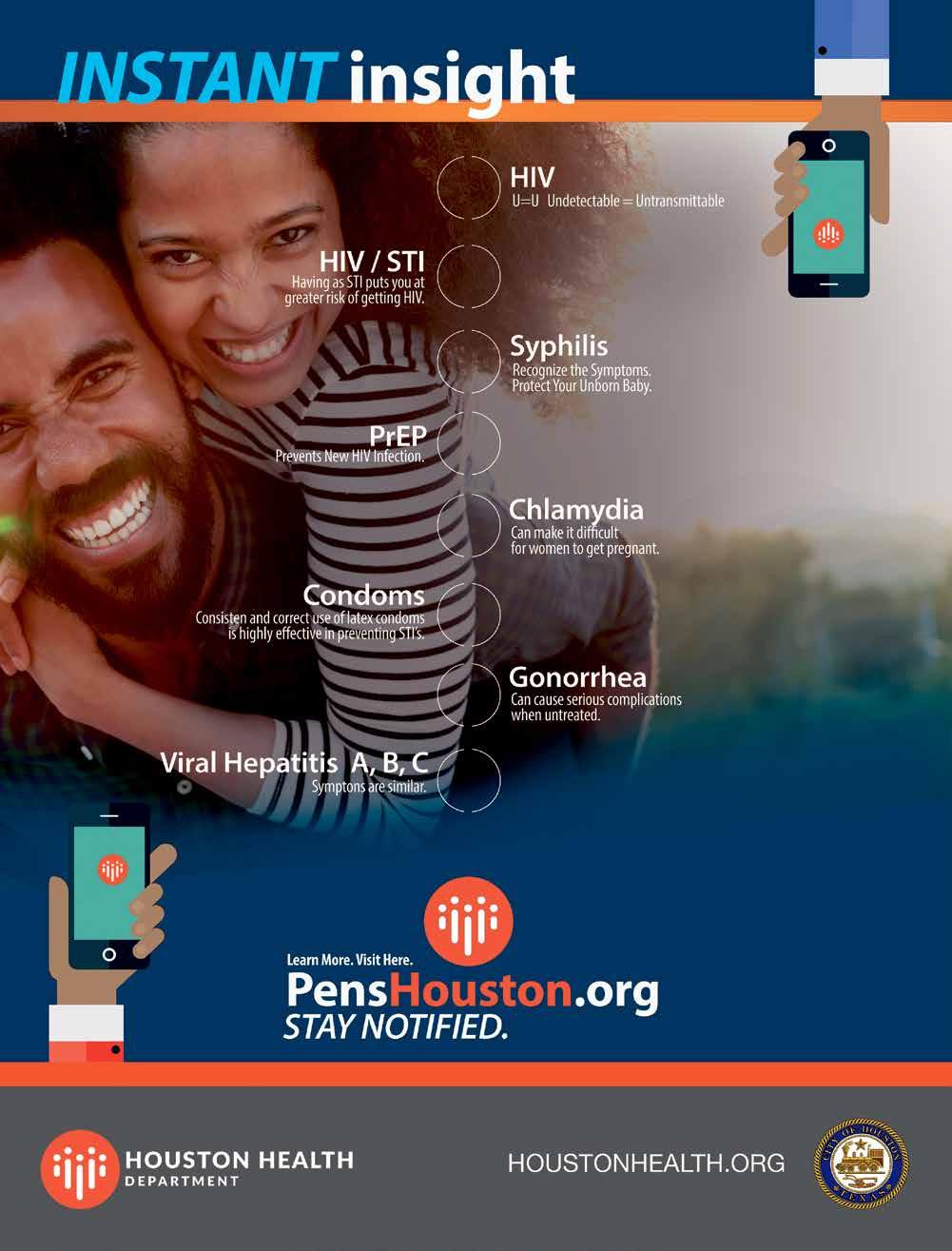








 By d-mars.com News Provider
By d-mars.com News Provider
Will I go blind?" It's a frightening thought that most people have when they are first told they have glaucoma.
"Patients are almost always concerned that they are going to lose their vision," says Andrew Iwach, M.D., executive director of the Glaucoma Center of San Francisco. "The good news for the majority of patients is that we can maintain their vision with treatment."
The sneak thief of sight
Glaucoma, an eye disease that damages the optic nerve, is the leading cause of irreversible blindness. Currently, it affects more than three million people in the United States. The National Eye Institute projects this number will rise by 58% over the next decade to 4.2 million people.
The most common form of the disease is open-angle glaucoma, which affects 90% of patients and occurs when the eye's drainage canals become clogged over time, according to the Glaucoma Research Foundation.
Open-angle glaucoma has been called "the sneak thief of sight" because it strikes without symptoms. In fact, experts estimate that half of the patients who have glaucoma don't know it. As much as 40% of vision can be lost without a person noticing. And once that eyesight is lost, it's permanently gone.
"I didn't have any symptoms prior to diagnosis," says
Richie Kahn, 34, who was diagnosed in March 2019. "By then, glaucoma had already stolen part of my vision. I was surprised to learn that my brain was actually compensating for my vision loss by filling in the blanks."
Since glaucoma has no symptoms in its early stages and progresses slowly over many years, eye doctors emphasize the importance of regular eye exams to detect the disease before there's a significant loss of vision.
The target for glaucoma therapy is to lower intraocular pressure (IOP). High IOP causes damage to the optic nerve, which produces vision loss in the disease. Approaches to lowering IOP include a wide range of eye drop medications, laser treatments that are performed in a doctor's office, and several types of incisional surgery.
Trinh Green, M.D., has lived with glaucoma for 24 years after being diagnosed at age 21. Like Richie, she had no symptoms of the disease, so news of her diagnosis came as a total surprise. Her advice to others is to remain calm and stay optimistic throughout their care and treatment.
"I think it's very important for people to stay calm after learning they have glaucoma," says Trinh. "There are many more treatments available in the last few years. I also owe so much to Dr. Iwach. He's a very calming presence.
Whenever there was a setback and the disease progressed, he would tell me, 'I have a few more tricks up my sleeve.'"
In addition to early detection and treatment, Dr. Iwach emphasizes the importance of patients learning everything they can about glaucoma.
"Getting the facts, including risk factors and treatment options, can empower patients to improve their outcomes and reduce their fears," he says.

Dr. Iwach encourages all his patients to read "Understanding and Living with Glaucoma," published by the Glaucoma Research Foundation. The free booklet, updated and newly illustrated, offers a comprehensive introduction to glaucoma and guidance about how patients can work with their doctors to manage the disease. Glaucoma patients like Richie found power in knowledge in their fight against glaucoma.
"Everyone's journey will be different and you have to be willing to advocate for yourself," says Richie. "I learned a lot from the Glaucoma Research Foundation. Staying informed about my particular situation allows me to be an active member of my own care team, doing my part to preserve my vision."
A free copy of "Understanding and Living with Glaucoma" can be downloaded or ordered at www.glaucoma.org/ booklet.
Source: BPT

If you are one of the many people now working or attending school from home, you know that there are many challenges involved. One of the major changes to your life may be how much time you're now spending staring at a screen for hours at a time.
If you're feeling the effects of increased eye discomfort and/or eye dryness, you're not alone. The impact of those additional hours on your computer or tablet - at the same time allergy season is kicking into high gear - can take its toll on your eyes.

Optometrist Dr. Whitney Hauser, OD, FAAO explains that eye dryness can be caused by many different factors, and that sometimes more than one factor can be affecting someone's eyes at the same time.
Causes for eye dryness include:
• Medications you may be taking
• Aging
• Ophthalmic surgery
• Meibomian gland dysfunction (MGD), which especially affects postmenopausal women
• Contact lens wear


• Allergies
• Environmental factors like air dryness
• Use of digital devices
"It's important to note that all eye dryness is not the same," says Hauser, "and establishing the specific type of eye dryness a person has is important for creating a customized treatment plan." She recommends identifying what factors may be exacerbating your eye discomfort by trying some of the strategies below.
How can you help relieve the discomfort and dryness your eyes are experiencing?
1. Take frequent breaks from screens
1. Take frequent breaks from screens
Take periodic breaks not just to look away from the screen or shut your eyes briefly to rest them, but to actually get up and walk around, looking at objects at different distances and directions to relieve eye strain. Set a timer on your phone or computer to remind yourself to take breaks every 15 to 20 minutes.
2. Blink frequently
2. Blink frequently
Even more regularly, remind yourself to blink slowly and gently. Blinking throughout the day helps to keep your eyes moisturized. Close your eyes gently a few times in a row as often as you can, to help keep your eyes from getting too dried out as you stare at your computer screen.
of Refresh Relieva lubricant eye drops to help protect and care for your eyes: Refresh Relieva, Refresh Relieva PF preservative-free multidose or Refresh Relieva for Contacts. "Refresh Relieva works well for many patients because it comes in both a multidose preservative-free version as well one specifically for contact lens wearers," says Hauser.
5. Avoid rubbing
5. Avoid rubbing
3. Keep the air
2. Blink frequently
Change your HVAC filter frequently to help reduce potential allergens in your home. Consider also using an indoor air filter in the room where you work, especially if you know that you suffer from allergies.
While you may be tempted to rub your tired eyes for temporary relief, rubbing can actually irritate your eyes in the long run. Instead of rubbing your eyes when they feel itchy or discomfort, reach for artificial tears or eye drops to help provide relief from your symptoms.
4. Try artificial tears
4. Try artificial tears
Use lubricating eye drops to help relieve temporary eye dryness, irritation and discomfort. For over-the-counter artificial tears to help improve the symptoms of eye dryness, with low incidence of blurring with each use, choose from Allergan's family
Be sure to contact your health care provider or eye doctor if you experience eye pain or discomfort that does not go away using these tips, as it can be a sign of a more serious issue. For information about products to relieve your eye discomfort or irritation, visit Refreshbrand.com.
Dr. Hauser is a paid Allergan consultant.
Source: BPT

COVID-19 has significantly impacted our lives in many ways. It has even led some people to start reconsidering the importance of life insurance to protect loved ones who would be left behind should something happen.
that’s usually when people think about life insurance. Life insurance can provide peace of mind and ensure your loved ones are able to handle not only final expenses, but also pay off debts, such as credit cards and even a mortgage.
3. How much does life insurance cost?
The cost will vary based on the type and amount you purchase, but it is often much more affordable than many people think. Depending on the type of policy and amount of coverage, a policy can cost less than $15 per month.
4. Is it taxable? Most of the time the death benefit from a life insurance policy is not taxable for beneficiaries, which is one of its advantages when it is part of an overall financial plan.

“If you’re researching life insurance for the first time, don’t be surprised if you find it intimidating and confusing. Life insurance can be complex, and everyone’s needs are different -- there is no one-sizefits-all,” says Louis Colaizzo, senior vice president of Erie Family Life. “The best advice is to talk with your insurance agent who can walk you through how the various coverages work and help you determine the type and amount that’s right for you and your family.”
5. What’s the difference between term and whole life insurance? Term provides coverage for a specific number of years and is generally the most affordable option. For example, some people may buy a term life insurance policy so it’s in effect just long enough to pay off a mortgage or cover a child’s college tuition costs, but later it is no longer needed. Whole life insurance is designed to last a lifetime and builds cash value.

In the meantime, here are answers to five of the most common questions people have about life insurance from Erie Insurance:
In the meantime, here are answers to five of the most common questions people have about life insurance from Erie Insurance:
1. Can you get life insurance during the pandemic? Most healthy people can still purchase coverage but there may be a different process, as insurance companies are making changes to provide quotes while maintaining social distancing. Others may offer insurance that doesn’t require a medical exam. For example, Erie Insurance offers a policy called ERIExpress Life that was designed to serve people who may have thought the process was too lengthy or complicated. It offers affordable life insurance in as little as a few minutes with a simple application and no physical exam.

2. Why is life insurance important? Maybe you just got married, had your first child, bought a house or are thinking about putting a child through college. Whatever major life change is happening,
“Now that you have some basic information under your belt, a next step is to have a deeper discussion with your insurance agent to find out whether you need life insurance and if so, what type and how much,” says Colaizzo. “When it comes to life insurance, the only wrong choice is doing nothing at all.”



By Dr. Bela Sood, MD, child and adolescent psychiatrist and senior mental health policy professor at Children's Hospital of Richmond at VCU.
This pandemic is unlike anything we've ever experienced, so how can we help our children cope, especially when we're also feeling anxious? The key lies in acknowledging our own fears and concerns, while understanding how each individual child handles emotional challenges.
Parenting is hard. Parenting during a pandemic can feel especially challenging as you balance changes in work, home and school. Here's how you can provide support and reassurance, whatever your child's stage of development.
Even infants pick up on their parents' moods, so your emotional state will affect how your children cope.
As instructed on airplanes, during turbulence you should put on your own oxygen mask before helping others. The same is true of turbulent times: Take care of yourself first.
Reflect on how you feel: Are you angry about disrupted routines? Worried about the future? Missing loved ones? When you're stressed, practice self-care: Exercise, meditate or talk with a friend. This will help you feel more "centered" so you can model calm, positive attitudes and behavior.
It's easy to become overwhelmed by negative news. Stay with your children during news reports and encourage them to ask questions. Limit your own exposure too, as it can affect your mood.
Babies and toddlers won't understand what's happening, but they respond to emotional cues. Though it's not always easy, if you can stay calm and positive, they're more likely to relax.
Maintain routines, as all children thrive on predictable schedules. Knowing when to expect meals, playtime and bedtime helps them feel more safe and secure.
Preschoolers have many questions about everything, but keep your explanations simple. Discuss the virus as being like a very bad cold or flu when explaining why everyone is wearing masks or why they can't go on play dates.

Validate your child's feelings by saying, "I understand you're upset right now," or "It's okay to miss grandma. I miss her too."
Let your children connect with others safely. Make video calls to relatives or socialize with a small group of neighbors outdoors while practicing social distancing. Help your child write letters to friends.
School-aged children are more
peer-oriented, but they still appreciate spending time with parents. It's a great opportunity to start new hobbies together, while also letting them pursue their own interests.
If your children appear anxious, angry or sad, encourage them to talk about it. Share how you're feeling, too. Establish a weekly "check-in" dinner where everyone has a turn to express their feelings.
Include children in chores and activities that give them a feeling of control. Let them assume responsibilities like folding laundry or cleaning, offering choices about what activities they prefer.
Teenagers are beginning to separate psychologically from their parents, so being forced to be together all day can be tough on them, as well as on parents! Older teens are missing out on significant milestones, like homecoming, sports or performing arts, which may be important parts of their identities.
Put yourself in your teen's shoes. This period is hardest for teens who derive energy from peer interactions. Show empathy by saying, "This must be so disappointing for you." Help them find creative ways to make this time memorable and connect with peers who practice social distancing. The weekly family dinner may be the perfect time to listen to your teen and problem-solve together.
Warning
It's normal for kids to occasionally seem sad, anxious or angry. Encourage them to voice their feelings and acknowledge that it's okay for them to feel that way.
If your child becomes increasingly withdrawn, disconnected or obsessed with video games or other self-isolating activities, it may be a signal that they're preoccupied with worries about the future or other topics. Try drawing them out to determine whether you should seek their pediatrician's advice. It's challenging to keep children entertained at home 24/7, so don't be too hard on yourself. Offer additional social support from close friends and relatives.
If you think it would help them to get counseling and they're reluctant, tell them that when you're in trouble, you seek help. Let them choose whether to participate or not. If your child is unwilling to talk to a counselor, you may find it helpful to see a therapist to share observations of your child, get a better understanding of what may be happening and develop strategies to support them.
For the latest on COVID-19 and resources to support your family's mental health, visit chrichmond.org/covid-resources.
Source: BPT
